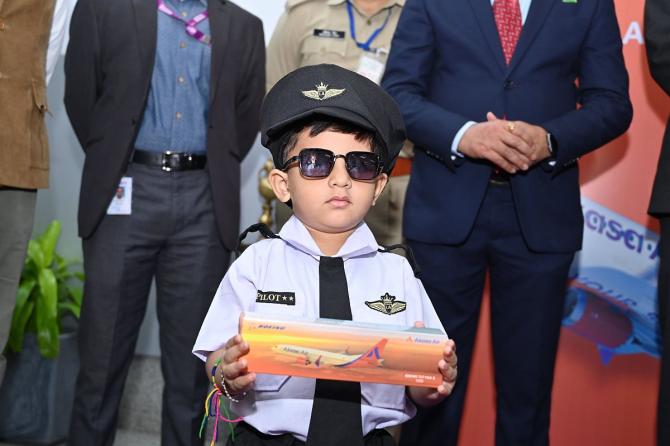Facing headwinds due to pilot exits, Akasa Air on Friday said it had approached the Delhi high court seeking interpretation and clarification with respect to mandatory notice period requirements for pilots and that the move was not against the DGCA or the civil aviation ministry.

Akasa Air, which started flying in August last year, has initiated legal action against a "small set of pilots" who left the carrier without serving their notice periods that led to cancellation of many flights.
In a statement, the airline said it sought relief from the Delhi high court to stop the unethical and illegal practice by this set of pilots.
"We want to clarify that it is not a matter against the DGCA or the ministry of Civil Aviation (MoCA) but a plea to the courts to urgently interpret and clarify the interim order issued by the very same court on the very same matter in 2018, relating to mandatory notice period requirements by the pilots," it said.
Since the beginning of the proceedings, the airline said its assertion in court has been that this is a non-adversarial claim and is only in the nature of seeking clarifications and instructions to enforce an existing interim order and the civil aviation regulation.
Akasa Air has been a direct beneficiary of the DGCA (Directorate General of Civil Aviation) and MoCA's transparent and progressive policies and regulations, the statement said.
According to the airline, the small set of pilots abandoned their duties and left the organisation without serving their mandatory contractual notice period, therefore forcing a disruption of flights between July and September 2023.
The airline has also approached the Bombay high court seeking their urgent intervention to obtain a stay against the small set of pilots who abruptly resigned and abandoned their positions without serving their mandatory six-month notice period.
In a statement on Wednesday, Akasa Air said that a shortage of pilots is an issue that the airline industry has faced for decades.
"As a team of planners, we are prepared for unforeseen circumstances and have contingency management strategies in place.
"In that regard, we have a ten-year plan that covers pilot recruitment, training and internal career upgrades.
"In fact, as of today we have enough pilots at various phases of their training to fly over 30 aircraft," it had said.
Currently, the airline has a fleet of 20 aircraft.











 © 2025
© 2025